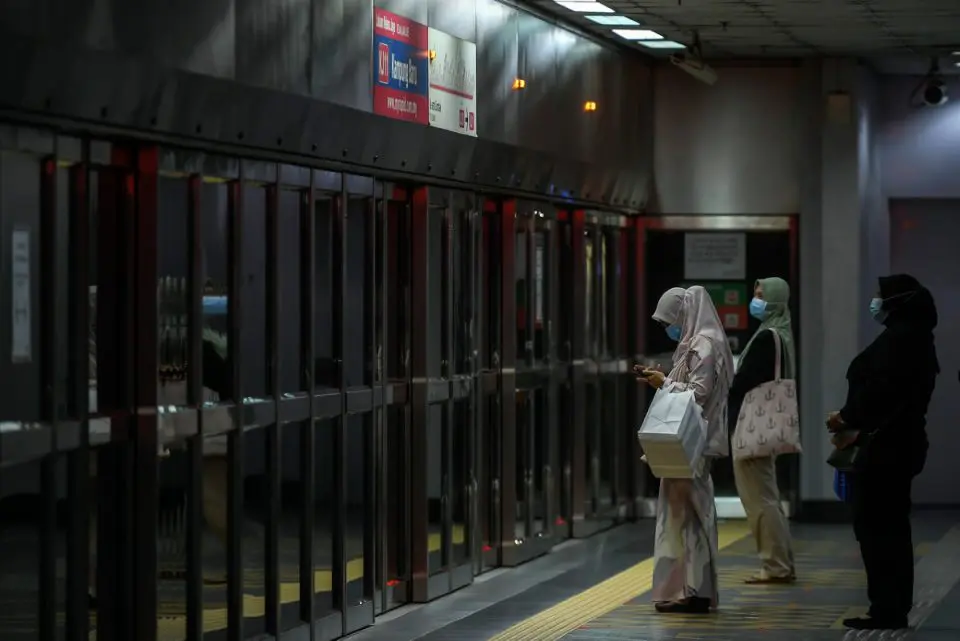KUALA LUMPUR, June 29 — The wearing of face masks will no longer be compulsory on public transport and in hospitals effective July 5 onwards, said Health Minister Dr Zaliha Mustafa.
Under the revised Covid-19 standard operating procedure (SOP), only Covid-19-positive individuals and those handling them are required to wear face masks in healthcare facilities.
The quarantine period for COVID-19-positive individuals would be cut from seven to five days from the onset of symptoms, also effective on July 5.
“High-risk individuals like senior citizens, those with chronic diseases, individuals with low immunity or pregnant women are encouraged to wear face masks, especially in crowded places and areas with poor ventilation,” she said in a statement today.
Individuals with respiratory symptoms are also encouraged to mask up to avoid spreading infections on public transport.
Dr Zaliha said the isolation period for Covid-19 patients will be shortened, as studies showed that infectivity is high in the first five days from the onset of symptoms when the viral load is high.
Although the Covid-19 situation is not at a worrying level and health services are not under pressure, the ministry has decided to extend the status of local infection areas in Malaysia, due to end tomorrow, by another six months until December 31, 2023.
This is to facilitate the management of the disease as there are risks of the emergence of new variants and sub-variants of SARS-CoV-2 in the country.
“Apart from this, mass gatherings are expected to occur during the Hari Raya Aidiladha celebration and also (coming) state elections, which risk contributing to an increase in cases and burdening the government healthcare service system if prevention and control measures are not fully implemented.
“It is to enable the enforcement of several provisions under the Prevention and Control of Infectious Diseases (Measures within the Infected Local Areas) (National Recovery Plan) (Transition to Endemic Phase) Regulations 2022, formulated on the powers of the Minister under subsection 11(2) of the Prevention and Control of Infectious Diseases Act 1988 (Act 342),” she said.
New Covid-19 cases have declined by 53.5 per cent (5,801 cases to 2,698 cases) and deaths dropped by 35.3 per cent (17 cases to 11 cases) in the past five weeks, from Epidemiological Week (ME) 21/2023 to ME 25/2023.
“In terms of hospital capacity, admissions of Covid-19 patients to public hospitals and bed occupancies have dropped while usage of Intensive Care Unit beds remains stable at six per cent in ME 25/2023 compared to ME 24/2023,” Dr Zaliha said.
Approximately 16,337,744 people or 50 per cent of the country’s population had received the first booster dose, while only 825,275 (2.5 per cent) had been injected with the second booster, as of June 27 this year.
She stressed the Health Ministry will continue to monitor the Covid-19 situation and reported variants, so immediate and suitable measures can be taken when necessary.
On May 5 this year, the World Health Organisation declared that Covid-19 was no longer a Public Health Emergency of International Concern (PHEIC).
— Bernama





